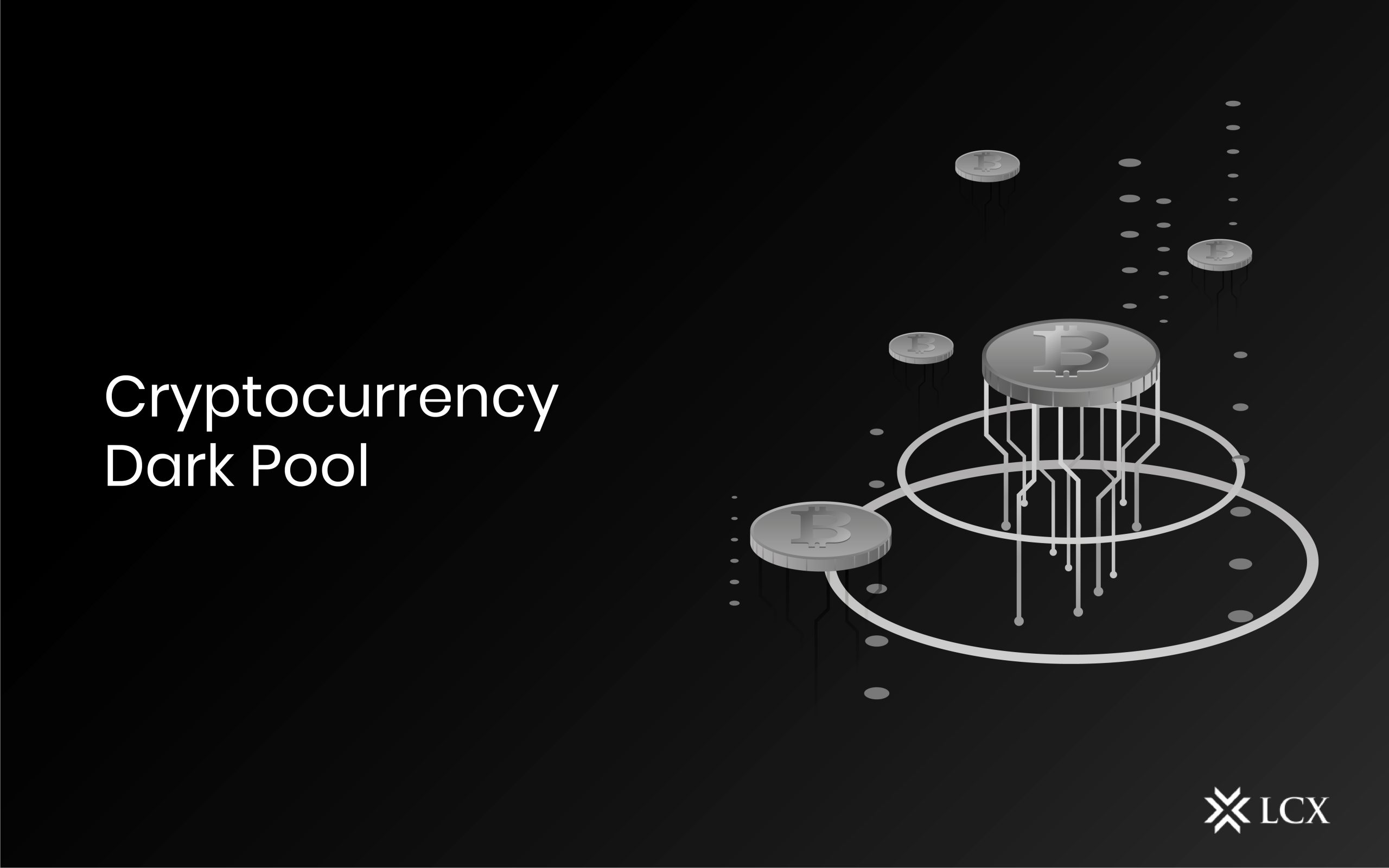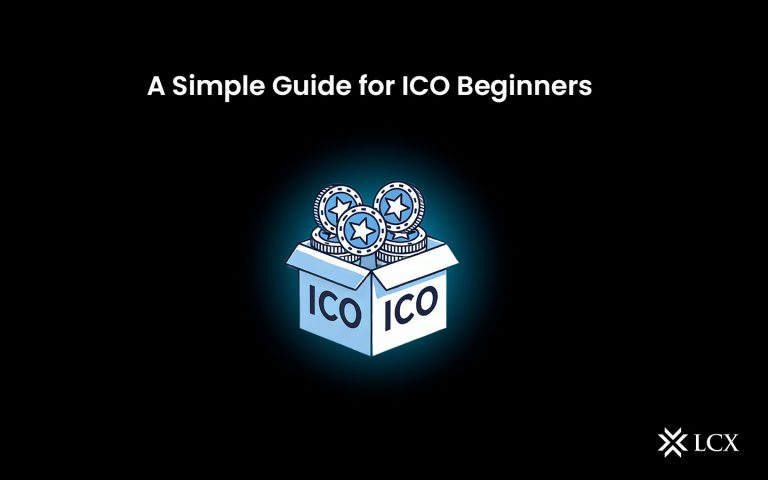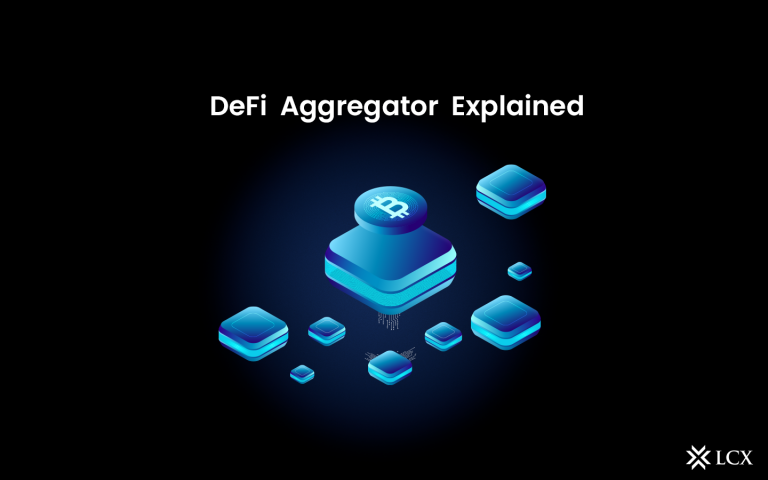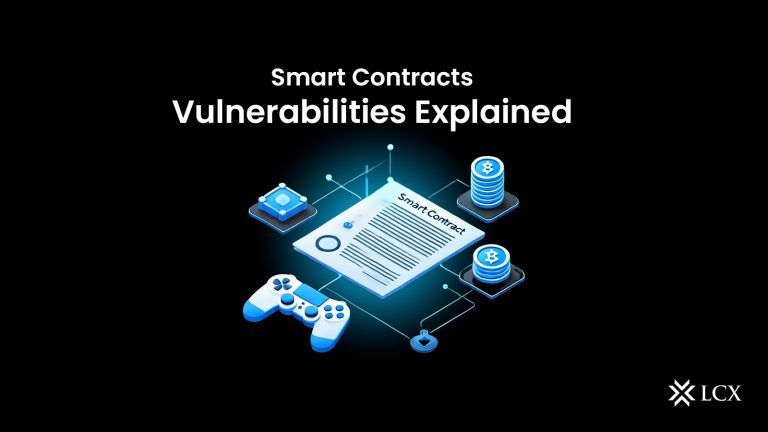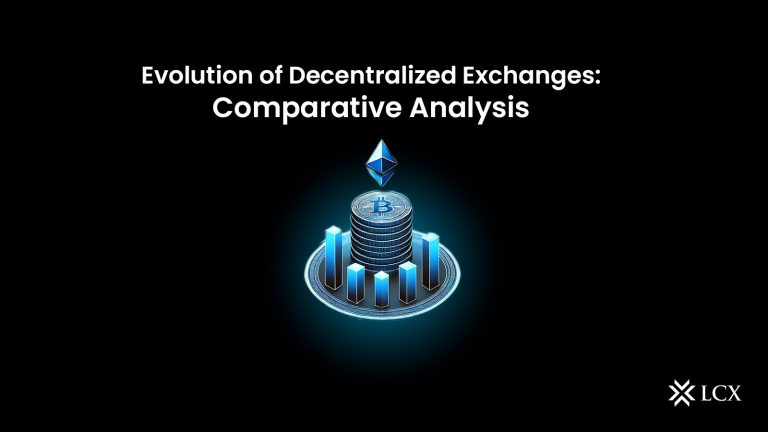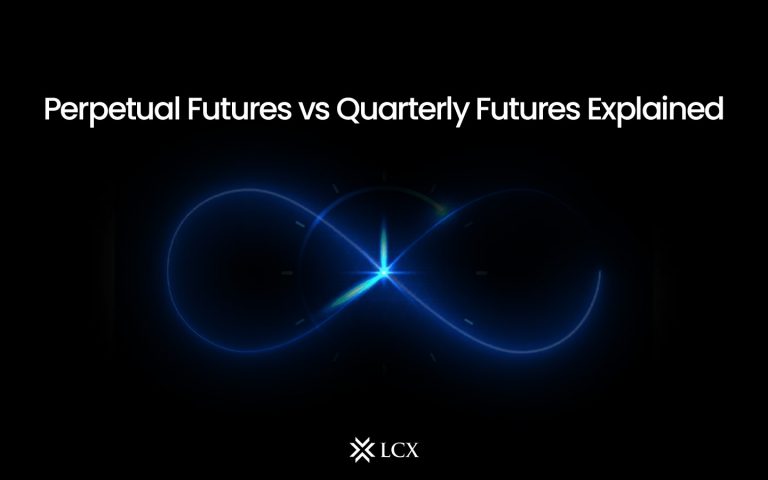If you have ever traded in cryptocurrency, you would have done it on a centralized or decentralized exchange platform. But these are not the only two options. A large amount of crypto trading takes place in so-called dark pools. This concept has existed in the traditional market for ages but has gained popularity in the world of crypto only recently.
What is a crypto dark pool?
A dark pool is a private trading exchange or venue where huge investors can freely trade financial assets with one another. Securities traded in dark pools are not available to the general public and do not have a transparent order book. Trades are only visible after they have been executed. “Dark pool liquidity” refers to the liquidity available on such exchanges. These exchanges are given this term because of their absolute lack of transparency.
Major investors and organizations utilize dark pools to invest large sums of money in financial products anonymously and discreetly. Block trades account for the majority of dark pool trading. A block trade is the purchase of a large amount of an asset at a predetermined price. These exchanges operate outside the standard exchanges like NYSE and NASDAQ.
How is it different from a standard dark pool?
- In a crypto dark pool, transaction execution is different. To guarantee anonymity and security, large orders are divided down into a lot of smaller orders.
- Better digital verification techniques are also available in the Crypto dark pool. It also prevents price manipulation by providing all participants with a fair market price.
- In the illiquid crypto markets, these exchanges enable large trading amounts with little or no spillage.
Advantages
- Traders who want to trade vast amounts of assets can keep their plans hidden from the general public, reducing the impact on market sentiment.
- The average of the best possible bid and ask price is frequently used to match deals. The seller and the buyer both take profit from a better deal than they would get on the open market.
- Most dark pool trading takes place in a block trade at predetermined prices. Dealers may rest assured that their entire trade will be executed at the intended price with no spillage.
Limitations
- In dark pool exchanges, the order book is not publicly visible. So there is no certainty that a deal was executed at the best available price. If the trade facilitation institution has a conflict of interest, it has the power to disguise actual market prices.
- If most trade takes place in dark pools, public exchange prices may not accurately reflect the market. A big part of investing and trading relies on the open flow of information, which is hampered by dark pools.
- High-frequency traders may find dark pools an attractive environment for exploitative practices. They can front-run huge orders and take advantage of naïve traders if they have exclusive access to order book data.
- Dark pools’ average trade size has declined dramatically since their debut in the 1980s. This makes their existence far less appealing and maybe even harmful to the market as a whole. Smaller orders processed on exchanges with a publicly available order book may result in a healthier market.
Future
Since their debut, dark pools have sparked debate due to their utter lack of transparency. When it comes to any market, concealing the majority of the trading volume is not the desired quality. The use of dark pools may become safer due to recent advances in cryptographic verification methods. Open-source protocols can also be used so that all participants follow the same rules, reducing the risk of using a dark pool. While usage of dark pools in bitcoin is considered controversial, their benefits ensure that they will continue to play an increasingly crucial role in the cryptocurrency market.
